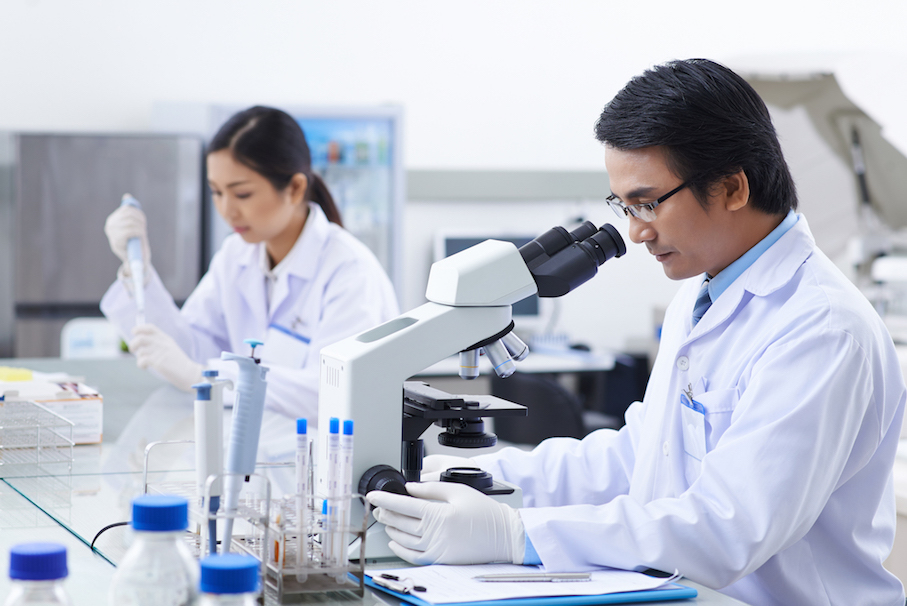
image credit- shutterstock
Researchers at Keio University, Japan, describe cutting edge mass spectrometry technology that offers unprecedented insights into possible links between the functional metabolites produced by gut microorganisms and human health. These findings were published in the journals iScience and STAR Protocols.
"The extremely diverse nature of lipids means that it is not only challenging to identify and determine species but also to quantify their roles as signaling molecules in physiology and disease," says Makoto Arita, a professor at the Keio University Faculty of Pharmacy.
"Our research is focused on gaining insights into the structure and functions of lipids that govern inflammation and tissue homeostasis. The approach is based on the analysis of lipids using liquid chromatography tandem mass spectrometry (LC-MS/MS)—an extremely powerful tool for lipidomics research that we have recently been using to elucidate a wide range of functional metabolites produced by gut microorganisms", adds Arita.
The team expects this research to lead to unprecedented insights into the complex lipid metabolism networks resulting from the interaction between gut microorganisms and their hosts. Ultimately, this research could potentially lead to the discovery of new functional metabolites involved in host homeostasis and the onset of diseases.




